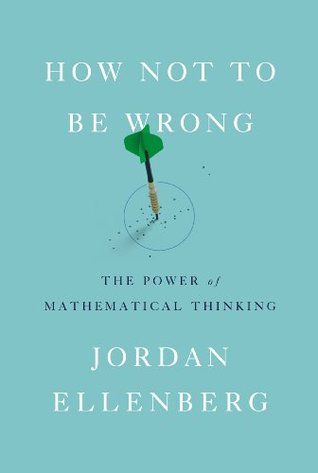Election Day for their enjoyable game of chance; and they quickly realized that if they wanted to bet on paper slips drawn from a pile, there was no need for an election at all. Numbers replaced names of politicians, and by 1700 Genoa was running a lottery that would look very familiar to modern Powerball players. Bettors tried to guess five randomly drawn numbers, with a bigger payoff the more numbers a player matched. Lotteries quickly spread throughout Europe, and from there to North America. During the Revolutionary War, both the Continental Congress and the governments of the states
...more
Welcome back. Just a moment while we sign you in to your Goodreads account.


